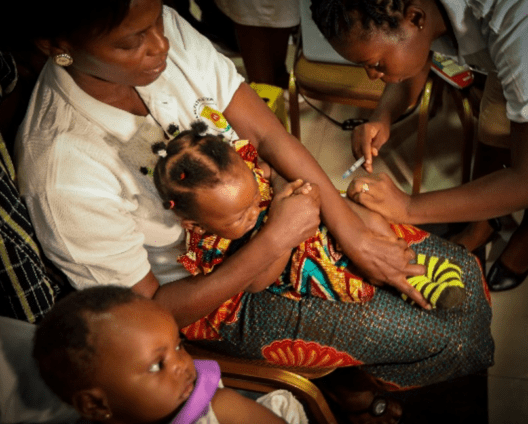SEND Ghana has expressed worry over the shortage of childhood vaccines in the country, calling on government to take immediate steps to procure critical inoculations.
It said the absence of vaccines essential to tuberculosis/polio in babies, as well as others including measles and whooping-cough, puts millions of children at risk of contracting these diseases.
The civil society organisation’s concerns came on the back of reports about a widespread shortage of some vaccines used for routine immunisation of babies from birth to at least 18-months. It lamented that this situation has the potential of increasing the children’s vulnerability to diseases the vaccines aim to protect them against.
In a statement, it said though the country is going through tough times, important needs such as immunisation vaccines for children must not be compromised.
It therefore called on relevant health authorities to do the needful to protect and guarantee safety and well-being for the children, adding that the situation demands immediate attention.
“This is quite disheartening, considering the importance of vaccines in safeguarding the lives of children. For about a month now, health authorities have been paying lip-service to resolving the shortage.
“It is reported that 10 out of the 16 administrative regions in Ghana are currently battling shortages of vaccines, and are now turning away nursing mothers,” it stated.
Already, 120 children have reportedly been infected with measles in the northern regions, and many more across the country could suffer a similar fate.
To this end, SEND Ghana recommended that: “Government should retrieve monies used to purchase COVID-19 vaccines that were not delivered, as cited in the Auditor-General’s 2022 report, to purchase vaccines for children”.
The statement said this situation is hindering the country’s goals of attaining universal health coverage in line with the Sustainable Development Goals.
It also noted that government over the years has failed to fulfil its co-financing obligation with the Global Alliance for Vaccines and Immunisation (GAVI), and that Ghana is now considered a ‘stubborn child’ among global immunisation bodies.
It further appealed for parliament to use its powers to continue sustaining pressure on government until the vaccines are made available to all health centres across the country.










